Bodega jiu-jitsu
MARTIAL ARTS FOR ALL AGES!
Introduction
Stepping onto the mat without a clear plan can leave you feeling lost and overwhelmed. Brazilian Jiu-Jitsu (Jiu-Jitsu) is more than just a sport—it’s a mental and physical chess game that requires strategy, adaptability, and structured training. Whether you're a beginner or an experienced martial artist, developing a solid Jiu-Jitsu game plan will help you sharpen your skills, enhance your decision-making, and make meaningful progress.
Why Having a Jiu-Jitsu Game Plan Matters
Without a structured approach, training can feel chaotic and directionless. A personalized game plan allows you to:
- Focus on key areas of improvement
- Build confidence in your preferred positions and submissions
- Streamline your learning process
- Increase efficiency during sparring and practice
By understanding your strengths and weaknesses, you can tailor your approach to maximize your success on the mats.
Step 1: Assess Your Strengths and Weaknesses
Every martial artist has unique attributes that shape their approach to Jiu-Jitsu. Ask yourself:
- Do I prefer playing from the top or bottom position?
- Which submissions and escapes do I feel most comfortable with?
- What positions do I struggle with the most?
Analyzing your strengths and areas for improvement will give you a foundation for crafting an effective strategy.
Step 2: Master the Core Movements
Before diving into advanced tactics, it's crucial to build a strong foundation. Focus on refining essential movements, such as:
- Positional control and transitions
- Defensive and offensive escapes
- Effective submission setups
A strong grasp of these core skills will give you the ability to execute techniques fluidly and with confidence.
Step 3: Identify Your Preferred Game Style
Jiu-Jitsu is diverse, with various styles to explore. Some practitioners excel in guard play, while others prefer a pressure-heavy top game. Consider:
- Guard-based approach (closed guard, half guard, open guard)
- Pressure-based control (top pressure, passing styles)
- Submission-oriented strategy (chokes, joint locks)
By identifying your preferred style, you can develop a roadmap for training and competition.
Step 4: Develop a Positional Blueprint
A great game plan revolves around control. Map out your approach by:
- Identifying your strongest starting position (guard, top control, etc.)
- Planning your transitions based on the opponent’s reactions
- Establishing a sequence of movements to reach dominant positions
This structured approach ensures that you always have a plan of attack.
Step 5: Train with Purpose
Once your game plan is outlined, apply it in training sessions with intentionality:
- Work on positional sparring to reinforce strategies
- Engage in focused drills to refine movement patterns
- Experiment with counters and variations to broaden your skill set
Consistent, goal-oriented practice will make your techniques second nature.
Step 6: Adapt and Refine Over Time
Jiu-Jitsu is a constantly evolving art. As you gain experience, revisit your game plan and make necessary adjustments. Seek feedback from coaches and training partners, watch instructional videos, and study successful athletes to keep refining your approach.
Common Questions About Jiu-Jitsu Game Plans
How long does it take to develop an effective game plan?
It depends on your experience level and training consistency. Beginners may take several months to establish a solid foundation, while advanced practitioners refine their strategies continuously.
Should I stick to one strategy or experiment with different approaches?
A balanced approach is best. Focus on refining your strengths but remain open to exploring different styles to become a well-rounded martial artist.
What if my opponent counters my game plan?
Adaptability is key in Jiu-Jitsu. If an opponent counters your strategy, adjust your approach by recognizing openings and transitioning to alternative techniques.
Simply Put
Developing a Jiu-Jitsu game plan is essential for structured growth and improved performance. By assessing your strengths, mastering key movements, and training with intent, you’ll build a strategy that enhances your effectiveness on the mat.
Ready to take your skills to the next level? Book your free trial at Bodega Jiu-Jitsu today!
Request Information
Get started today!
ACCESS OUR SCHEDULE
& EXCLUSIVE WEB SPECIAL
Marketing Websites by Ground Standard Agency
All Rights Reserved | Brava Holdings Inc.



